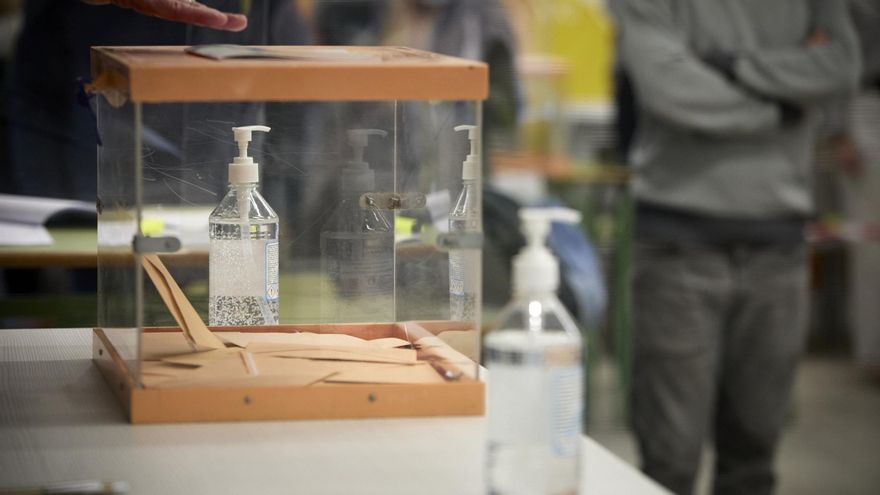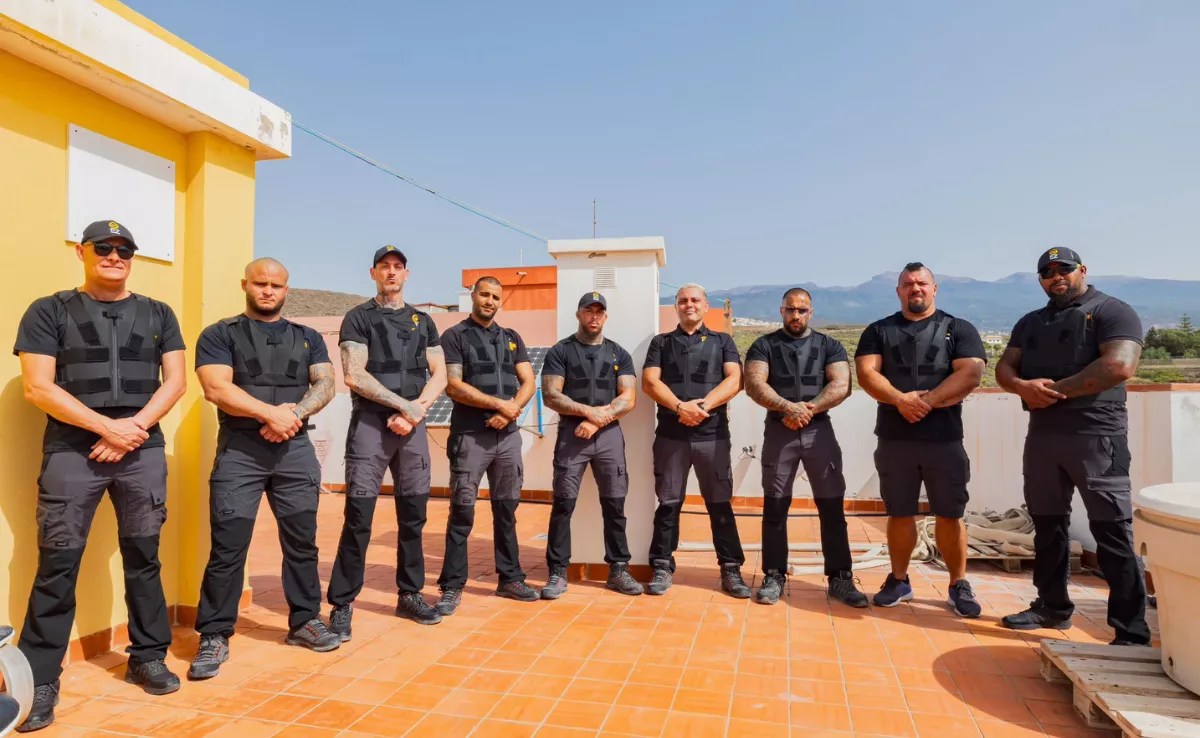
One ballot, two boxes and one choice. Monarchy or republic? This Saturday, May 14, Canarians will be able to answer this question at various ballot boxes located at street level in different parts of the Islands. The Monarchy or Republic State Popular Consultation Platform has called this consultation on the state model throughout the country so that there is, according to the organizers, “a great day of participatory democracy and free popular expression” despite the fact that the result of the voting will not be official. “At least we exercise our right to decide on everything that concerns us,” they say from the platform, which is made up of different organizations and groups. The objective is, according to the members of the initiative, to make the “republican or monarchical sense of citizenship” visible.
As it is a non-binding consultation and there is no prior census, all people who come to the polling stations located throughout the national territory can cast their vote. as long as they are 16 years old. In the Canary Islands there will be 17 polls distributed throughout all the islands except La Gomera and La Graciosa, which will not have voting points. In the province of Las Palmas, there will be four tables: one in Arrecife (Lanzarote), two in Gran Canaria and one in Puerto del Rosario (Fuerteventura). In the province of Santa Cruz de Tenerife there will be 13 ballot boxes, 11 in Tenerife, one in Santa Cruz de La Palma and another in Valverde (El Hierro). The call is organized by the citizens, so each territory must obtain the necessary materials for the vote: tables or boards with supports, ballot boxes, chairs, pergola if they want to have it, for the sun or possible rain, and other materials.
The representatives of the platform assure that there will be at least 670 tables distributed throughout the country. There will also be the option to vote from other points outside of Spain since there will be tables in Norway, Argentina, Uruguay, France, Luxembourg or the United Kingdom, to make it easier for young people who study abroad or “economic exiles” to be able to pronounce on the monarchy or the republic .
According to the organizers, “the majority of the current population did not have the opportunity to vote for the 1978 Constitutionbut those who could do it did not have the option to choose between monarchy or republic since they were stolen from the debate in the Transition. Neither at that time nor later have we been able to decide”. The consultation was scheduled for May 9 last year, but was postponed due to the covid pandemic.
Voting hours are 10:00 a.m. to 3:00 p.m., extendable until 7:00 p.m., and statistical information will be collected without personal data from the participants, who will be asked to voluntarily give their zip code, age and gender. It is not possible to demand more information from the people who cast their vote, since the Data Protection Law prevents it. The platform also has a legal team in case there is any kind of incident during the day.
It will be from 8:00 p.m. when those responsible for the tables will begin to upload the participation data into a digital tool. In order to carry out a more reliable count of the data, the information will be transferred to the platform with access codes that only those in charge will have. The tool will also send the level of participation by email on Sunday, with the endorsement of the signature of two members of the table.
The initiative has the support of various citizen, union and political organizations, including Podemos, IU, PCE, Anticapitalistas and other minority parties. The platform was incorporated in October 2019 with the aim of promoting and organizing the state consultation. In previous assemblies, all the important questions of the consultation were discussed and agreed upon and the basic documents were approved: appeal, the procedure guide for the constitution of voting tables, the protocol for the voting day and the basic information guide of the inquiry. Four state working groups were also formed – Extension, Organization and Logistics, Communication and Legal Affairs – to articulate the different tasks to be carried out.
















